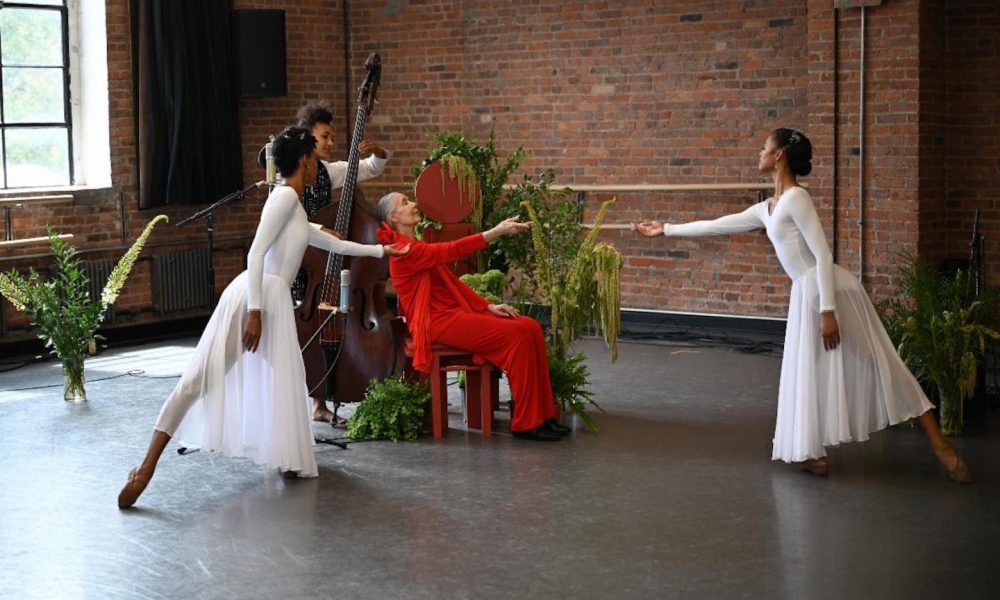Esperanza Spalding Unveils ‘Formwela 12’ From ‘Songwrights Apothecary Lab’
The vinyl edition of ‘Songwrights Apothecary Lab’ is out May 20.

esperanza spalding has released “Formwela 12,” the latest work from her Songwrights Apothecary Lab. The work is a collaboration with legendary actor, dancer, choreographer, and writer Carmen de Lavallade and the storied Dance Theatre of Harlem.
Accompanying the release of the song is a short film directed by Leo Holder, which features spalding in performance with her band, a quartet of dancers, and de Lavallade, who contributed choreography and the poem which opens the piece.
The poem reads:
We
Our bodies are Music
You cannot play
Music
Without the body
Dancing
Even in stillness
There is movement
Suspending
Floating
According to scalding, “Intended effects of ‘Formwela 12’: A noticing of your humble branch-hood, growing and rising thanks to the way-making grace of an elder woman’s branch. A permeating sense of the-way-ahead-being-lit as her sweet sap of accumulated sun & refined water trans-fuses into the current of your being.
“For participating directly in the celebration of an esteemed elder woman, thereby reducing the fear of isolation, and other stressors, associated with aging. For appreciating the effects of testosterone ‘loss’ in the body and psyche of elders. For revering the distinct ways the body and knowing of an elder woman can move (us), orient (us), balance (us), and guide (us).
“Use as a salve to soften and open one’s capacity for listening, joy, and shared-visioning in the company of elder women. -Notice how their care and experience is the connective dream tissue between those who’ve brought us this far, and all we hope to manifest for shared thriving in the future.”
This Friday, May 20, Songwrights Apothecary Lab—named Best Jazz Vocal Album at the 64th annual GRAMMY Awards—will be available on vinyl for the first time. The two-LP set will include “Formwela 12” as a bonus track.
The album, first released in September 2021, was created in a traveling creative space where spalding was joined by researchers, practitioners—including music therapists and neuroscientists—and musicians to make music designed to have a specific effect on the listener.












